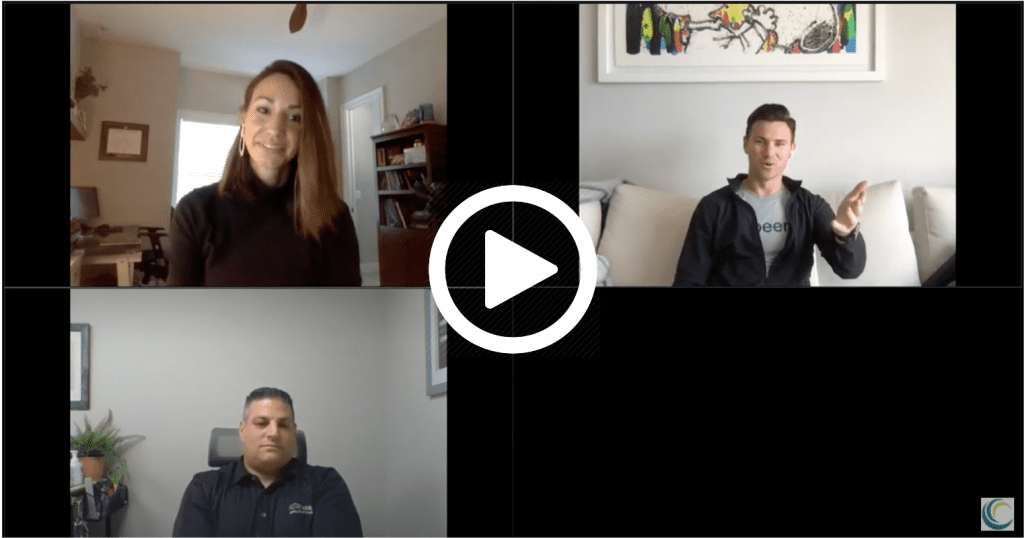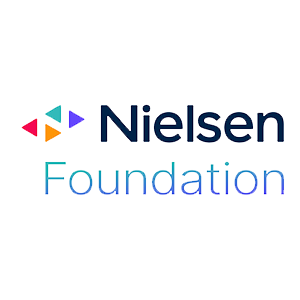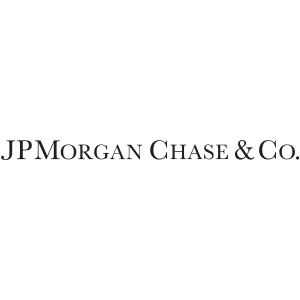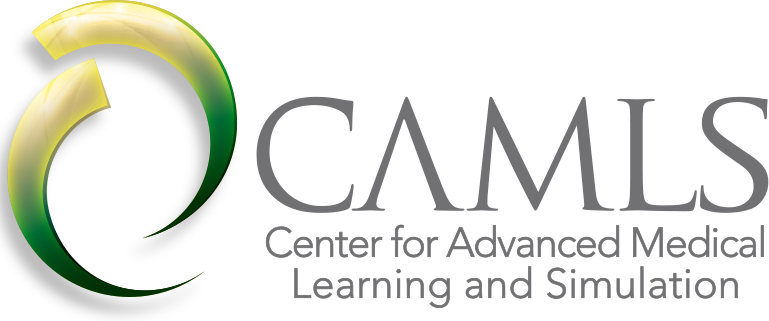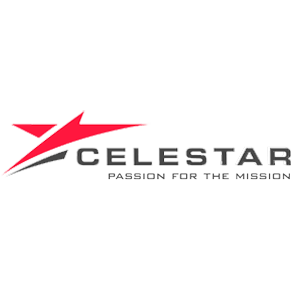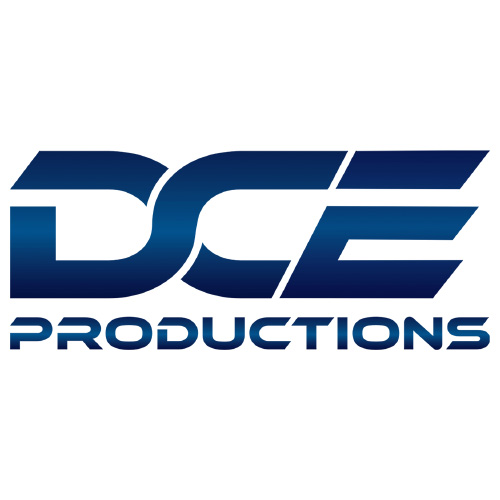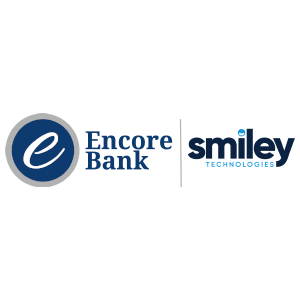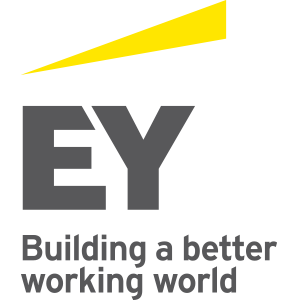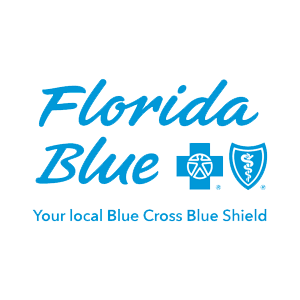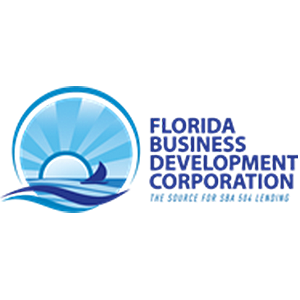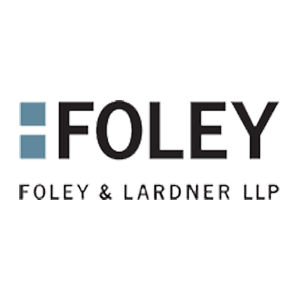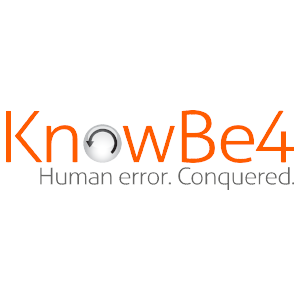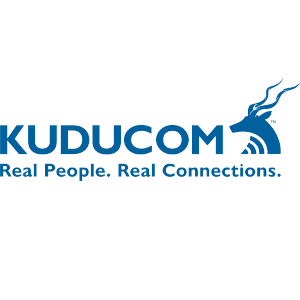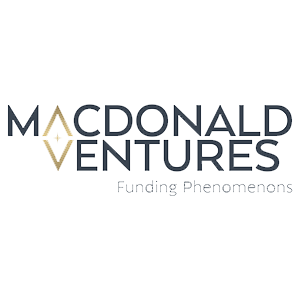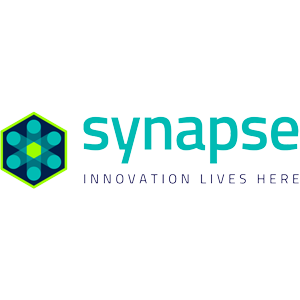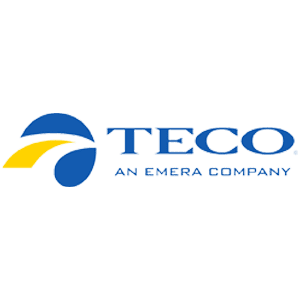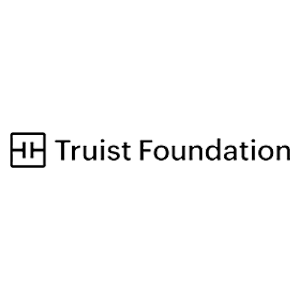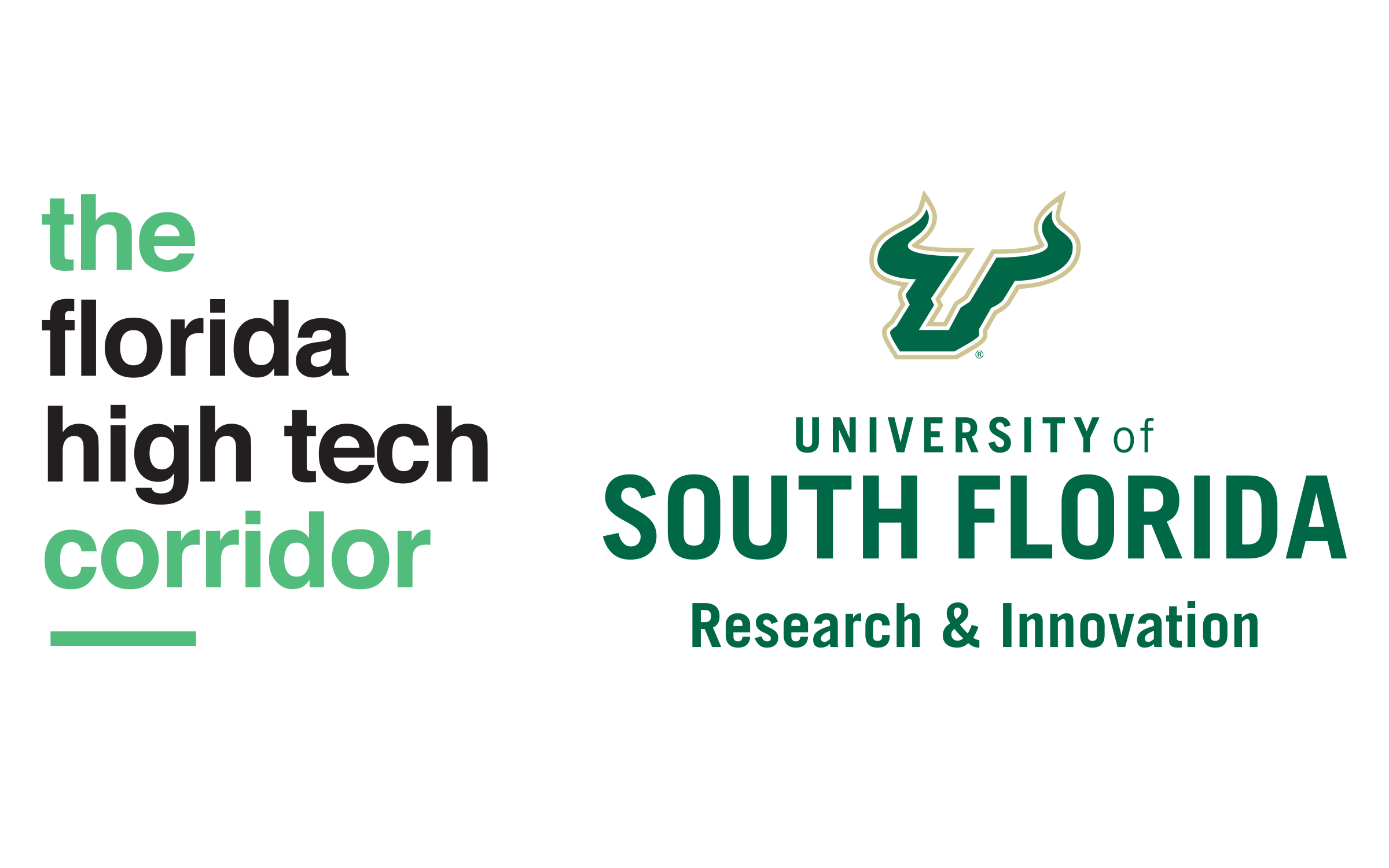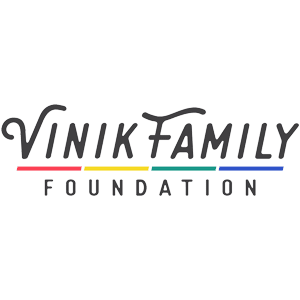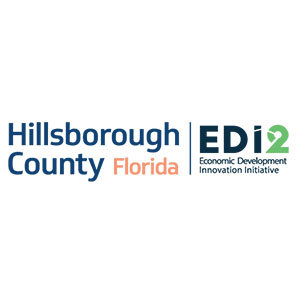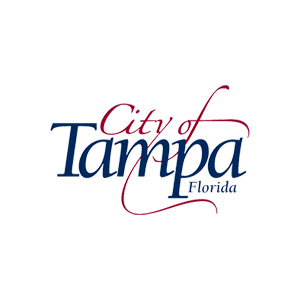Hot off the heels of the (mega) sale of Peerfit’s intellectual property to a publicly traded, global company, Jamie Sewell sat down with Peerfit founder and CEO, Ed Buckley and Peerfit Investor and Arc Applications Managing Partner, Dan Greco, to get the scoop.
Our conversation didn’t stop there – we talked about Peerfit’s early days, how Ed and Dan’s business relationship was love at first sight, advice for early-stage startups, the importance of an advisory board, and why Ed and Dan are so committed to giving back to others.
Check out the highlights below (edited for clarity & length) or catch the full conversation in the video here:
On how Peerfit came to be:
Ed (Peerfit) – Thinking back to that time and looking where we are now is always a fun exercise – it’s like a caterpillar turning into a butterfly. There are stages that you go through to get to where you are. And regardless of whether those stages to take two years or four years or however long, everyone goes through them at some point.
In the beginning, the idea around Peerfit was a pretty simple one: We knew group fitness was the stickiest component of physical activity. If I can get someone into a group fitness setting, they’re far more likely to stay active.
We knew that (exercise) was a great thing for individuals, and frankly, for our society. And we knew that there are a lot of stakeholders: You’ve got the gyms and the instructors; you’ve got the individuals who consume them; you’ve got people who pay for it; employer’s health plans… so you’ve got such a multi-sided market – it was going to be rather complex to tackle.
The question was… how do you tackle this? We knew going in that employers and health plans would be a component of the solution. What we didn’t realize was it would be the only solution that we would ultimately focus on. While we didn’t think of this first, we did get there first before everybody else.
We knew that with the infrastructure, we could go and tackle this – that the value prop that could scale. And if you could get in with employers and have enough initial non-scalable success, then you can go to the leveraged distribution side, which would be brokers and health plans, and that’s where we are today. More than 16,000 employers around the country have Peerfit fully funded for their employees.
I look back… we were an absolute nobody, no one knew who we were, and we were just pitching off of an idea. I can think of so many of those people who didn’t respect us then, who now are partners of ours now. There are companies who have tried to buy us since then who didn’t respect us back then.
Passion meets fuel:
Ed – Life finds a way if you’re passionate and you’re dedicated to what you do, but you can only go so far on passion and persistence – you have to have fuel. And that’s where Dan and some others here in Tampa came in. They helped give us the runway, and the guardrails of where to go. They helped to speed certain things up with experiences they had already been through. That’s the important part that people don’t think about because what you’ll hear is “at that stage, you just need to work 24/7 on your business” … and that’s just not a good example to set.
What you should be saying is… “I DO take time to go and read books, listen to podcast, find my own personal board of advisors, and get input from them.” If you’re locked into that same problem, which is… “I’m trying to start my company,” you are missing the other things. You’re missing the perspective and the objective wisdom of others who are not in it day-to-day.
On what Peerfit got right:
Ed – I think we got a lot of things wrong, but one thing we got really right in those early days was we built an amazing board of advisors for both for the company and for myself – and that’s really why we are where we are today. As I mentioned, we didn’t constantly succeed – we did have to go back to them, ask for help, ask for more money to get input, get counsel, and get support.
Ingredients of Peerfit’s success:
Ed – We made the hard decisions. Not everyone who goes from here is going to get you to there, and the company has to evolve. The personnel has to evolve – those are really uncomfortable conversations and they never get easier. They always make you sick to your stomach, but choosing when to say “no” or “goodbye” to a client, to an employee, or to a cause that you really wanted is what we got right.
On what made Peerfit an exciting investment:
Dan Greco (Arc Applications) – I still remember to this day meeting for the very first time and how much energy Ed had. As Ed explained the mission and I saw how much energy and passion he had about it… I was blown away by it. As soon as the meeting ended, I emailed my two partners and I said, “This is the guy that’s going to help put Tampa on the map.”
From a firm perspective (Arc Applications), we were very young in our own evolution at that time. So, our journey has been very parallel along with Peerfit in terms of our growth and success as a family office and investment group.
We like to do a lot of follow-on investments and we’ve followed on with Peerfit all along the way in pretty much every round. And we’re so excited about how each one of the employees and the directors of the company really are focused on the mission and are great stewards of the company.
On gut instinct vs. investment thesis:
Dan – Whenever a group goes to invest in a company, there’s their own due diligence that they look at and it is always a very similar playbook… What’s the industry? What’s the timing? What do the financials look like? What does the business model look like?
But strategic plan, technology plan, marketing plan… all those fun things you can measure. But really, it’s all about team. It’s all about being able to measure the team and how effective they are. No matter how good of a product or service you have or no matter how good the timing of the industry is, if you don’t have a team that can execute and do the things that Ed mentioned earlier, none of it matters.
So, the measurables always measured up when I looked at Peerfit from an investment standpoint, but the team and the leadership… those are the things that put it over the edge for us. And when we look at new investments or folks that we’re going to work with, even from a consulting standpoint, I always use Peerfit and the leadership model that they have as a litmus test for us in our investments.
On Peerfit’s big exit:
Ed – Far be it for me to try to stop the media from doing investigation. I can tell you that what we as a company can confirm is, yes, we recently did a transaction with a large global brand. What it involved was technology, IP, personnel. The only existing relationship moving forward is a transitional licensing agreement between the two parties.
And really what that does is set us up [for the future]. What this does for us is a couple of things. One, doing a deal like this help set us up for 2021. We’ve got a lot of things we want to accomplish that set us up for a big year in 2022. Doing a deal like this helps give us the necessary capital and independence to achieve really anything that we want to go out and do, which is great. But at the same time, it also helps focus us on what we do want to achieve. If you’re going to enter in a deal like this, you already have to have figured out what you’re trying to accomplish after the deal, so you’ve got to be two steps ahead. So, it really helped us as a board and as a management team decide what we want to focus on after this transaction. So that was really great.
I think [the deal] was great for Tampa. It’s a bigger headline than it is a story and for us day-to-day operationally, not much is really changing to our side of the house. The people behind Peerfit have done an amazing job of going from 5 to 15 to 150 world class talent, and nationwide accolades, and amazing investors that are not from the Tampa market, and great board members and all of those great achievements.
And then to say… “Oh, by the way, we’ve just had a transaction with one of the most notable brands in the world, and it allows us to do a shareholder redemption so people can de-risk their position in what we still are… a growth company… a startup company, which is always risky.”
This was a great opportunity for the community because now the Dans and the Bobs of the world… they not only got the experience of being a mentor on this ride, which is very new and unique for Tampa, but then they get to walk away and say, “Hey, I’ve still got chips on the table in Peerfit, but I also de-risked and have more capital to now put back into the company.”
We’re like a boat that’s just left this wake behind us of success and learning lessons. The investors feel a little more comfortable about deploying capital; they have capital to deploy; the people that were staff at Peerfit… whether they’re here for some of it, or all of it, or part of it… I can go to these other start-ups with the lessons we learned during that time. So, it really is a wave of success for the Tampa community. That’s how I see it.
On the importance of cultivating community:
Ed – I think it goes back to our premise of physical activity. There is data that shows you are far more successful when you are moving. Even if you don’t care about physical activity, simply having other people hold you accountable, people that you can mimic even when you don’t know what you’re doing. And that comes down to building your own community as a person. So, as far as I can see, community is the most successful thing that regardless of the task, keeps people going in a certain direction or, throws them off course.
There’s the saying that you are the average of the five people you are around the most. By definition, that is your community. So if they have good habits, you will pick up good habits. If they have bad habits, you will pick up bad habits and so forth. So really, this idea of community naturally occurs. It’s always this three-to-five-person pod around you that just occurs constantly and understanding how to leverage that understanding so that if you can get one or two of the influencers in a pod, you can get the whole pod.
On living in Tampa:
Ed – I’m not from Tampa – the city has been very warm, adopting me and welcoming me, so I have tried to do the same back. And any time that we’re out speaking, any time that we’re talking about success, we want to make sure to bring it back to the message of Tampa, because like I said, I was a nobody… knew nobody… had no connections… and the city has been nothing but gracious and warm in the five and a half years that I’ve been here. I’m here because I’ve chosen to be here. I didn’t grow up here. I’m here because as I fell in love with it.
Dan – Yeah, I’m also not from Tampa. I grew up in the Northeast, but my wife is a fourth generation Tampan. For me, coming from a very fast-paced area like the New York City area, I have learned how to slow down a little bit here. I quickly realized that this is a relationship-driven town.
I have three kids and it comes down to modeling and what I want to leave for them. How do I want them to view dad and what we do? And what I do as a professional… because they ask, “what does daddy do?” And I always say the same thing, “I help people.” It’s about the footprint that I leave.
And whether I’m spending time to help Ed and mentor Ed from a CEO perspective, or spend time with our other prime investment, Script, and their two founders, Pat and Aaron. To me, it’s about being there for them to help grow them and create that next generation of leaders.
On the Importance of Giving Back:
Dan – I’ve spent a lot of time as an entrepreneur resident at University of Tampa, helping both their accelerator and incubator program because I love seeing how they have these great ideas and how they curate it, and then giving them a real-world perspective and expectations. Startups need people that are volunteering their time to be able to share the perspective to give them that opportunity. At the end of the day, that’s what it’s about. “How can I help other people get to where they want to go?” People did it for me when I was younger in my career, and I want to be able to give that back.
And I also want to set the model for my kids, to know that you can be more, you can do more, and you can give more.
Ed – I always tell everyone, look, I got here because people mentored me, and they still mentor me. They help me and I’m very happy to give back. Dan always identifies people and says, “hey, I got someone… they’d love your help,” – he really does practice what he preaches.
I think one of the best reinforcements as a student of life is when you have to teach a lesson. It reinforces it in your own hand a little bit, so helping talk to people who were in the same position that we were in a year ago, two years ago, three years ago, it’s just a great way to keep me being a better CEO, it even where we are today.
On rising to the challenge when COVID hit:
Ed – There are tons of things that Peerfit did when COVID hit that have been influential. Let’s go with number one: We created innovation round tables – think of them as hackathons and informal pitches to the entire company.
This led us to create the product known as Peerfit Digital, which is a conglomeration of all of our digital assets. So, we built this product, marketed it and have had record sales with it in the last few months. While the rest of the market is declining and consolidating, we actually have seen sales go up and go into new types of employers and health plans that we weren’t able to get in before.
I’m sure that for one idea that was good, there were ten that we just couldn’t capitalize on. But it was about leaning in as much as possible to say, “I don’t care what position you have… I don’t care how long you’ve been here, if you have a good idea, if you are seeing something, even if it’s with another company in the market where you see a deficit, let’s call it out in front of the whole company.”
So, I think it was really great, and I think it helped bring the company together from an engagement stance of… it gave them confidence that, “hey, we’re in this together.”
On the importance of sharing the journey:
Ed – I want to close another loop on that [innovation roundtables], something else that we did during that time that I think helped us even more than just the ideas. I actually shared what came out of this innovation round tables.
If you follow me on LinkedIn, I shared every week, what was being pitched, what ideas we like, what trends we were seeing in our own data. I thought I owed it to the community here in Tampa and the community that we’re a part of in the broader digital health, wellness healthcare space. I wanted them to see real-time, we were on it, we were thinking of new ideas. I knew our ability to execute ideas is just dramatically better than a lot of other contemporaries out there, so no problem sharing what was out there, and I thought it bought us so much good will in the community.
So many other executives had reached out, or it went from a neutral relationship to a really positive relationship because of our transparency with what we were doing, what we were seeing, and just trying… We were legitimately trying to set a good example, whether you’re a startup, whether you’re a big company, whether in our industry or not, to say, here’s how one company is doing it and was on all… here’s how we’re working through this day-to-day.
Dan – It’s a watershed moment for a lot of companies and industries. COVID has hit people very, very hard, both domestically and internationally, and a lot of companies have not survived. We fundamentally changed how we’ve worked. And for the type of leader that Ed is and, the organization that Peerfit is and the culture that’s been developed, this doesn’t surprise me. This is just one of those things that reinforces everything that Ed has done to set up a phenomenal company, taking advantage of something that is unfortunate for many people, and he’s created and innovated opportunity in the face of something that has paralyzed a lot of people. So again, it just reinforces my excitement about what they’re doing and how they’re accomplishing it.
Key takeaways for early-stage startups:
Ed – This will seem counter-intuitive because Dan is on this call and he is an investor, but what I would say is, don’t just rely on your investors to be your advisors and your board members. Independently of the fact that Dan and Bob invested, we then chose separately to have an agreement of how we want to work together.
We’ve chosen to have a separate [group of advisors]. We’ve got tons of advisors who come to the table whose interests are not financial in the company. And so, while a lot of the time, the company and the investors interests are aligned, it is not universal, and it is very easy when you’re younger and smaller, not age-wise but company maturity-wise on the arc to just say, Well, yeah, they invested, so they should be an advisor and they’re who I should listen to.
That’s what I would say long-term, is that it will behoove you personally and it will behoove your company to bring in outside independent experts to help balance the scales.
Dan – For me, it’s don’t be afraid to ask for help because at some point you’re going to need it, and you want to be willing to take the feedback that you don’t want to hear and implement it, because there’s going to be a time where you’re not going to be right. You’re going to need that help. And there’s people that you surround yourself with, whether it’s a direct advisor, and orbital advisors as Ed mentioned, that is going to make you really have a moment of pause and it may change the trajectory for your company for the better.
So you have to be open as a founder for that feedback, and that’s a criteria that we look at from the investment standpoint. Can a team execute? Are they going to take feedback? Are they going to make changes? Those things are all critically important.
On setting up advisory boards:
Ed – It’s kind of like Dan was talking about when you look at startups… yes, there are people and you look at their resumes, and you look at their pedigrees, and you look at like they’re going to have industry experience or they’re going to have stage of growth that I’m in experience regardless of industry, but it really comes down to the person. I have met people who are absolute experts in my field, and I have no interest in talking to that person because our personalities are not going to mesh and it’s just not going to be a good fit.
So, you’ve got to have people that you want to talk to – that is the purpose of an advisory board. You want to go seek out their council, you want to hear what they have to say, if it’s someone that you get lectured from all of the time, you will naturally avoid it, which means now you’re avoiding good information and that’s not a good relationship.
If you could go back in time and tell yourself one thing, what would it be?
Dan – It’s interesting, I’m a true believer that everything kind of happens for a reason, and I would never go back and second guess the decisions that we’ve made in terms of the companies we invested in, because I think that they all help to build a foundation and compile on your journey, but I do say that through our course of time, we’ve learned many different things about how we invest, the perspective we take, how we analyze information, how we represent ourselves and our group in and the community.
So, all those things I constantly iterate on, and I feel like that’s important for us. I always ask myself when an opportunity comes along, “How would we take on this opportunity? Is that going to water down the impact and availability I have to an Ed Buckley or an Aaron White?” Because if I’m taking away from my experience with them, then I’m not providing the service or the connection that I had committed to. So, I always stop and pause whatever we look at opportunities, because I want to make sure that I’m available for Ed when he calls. It’s not about having 150 companies in our portfolio, it’s about making sure that whatever we’ve committed to, that we’re honoring our commitments and we’re doing the right things to support them.
We want to truly represent who you are, and we do that all our actions, and we want to make sure that that’s clear and transparent at all times.
